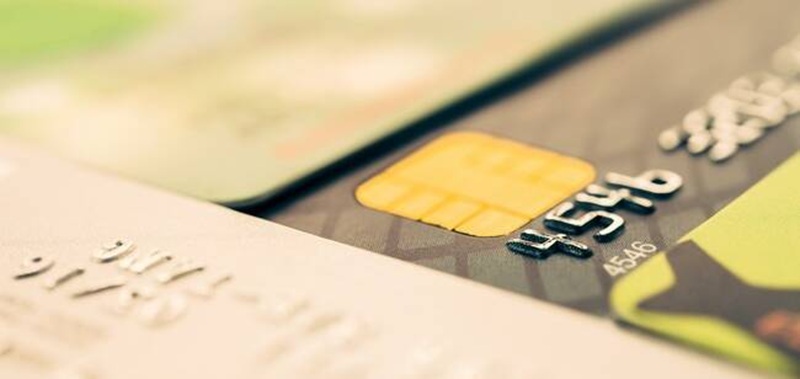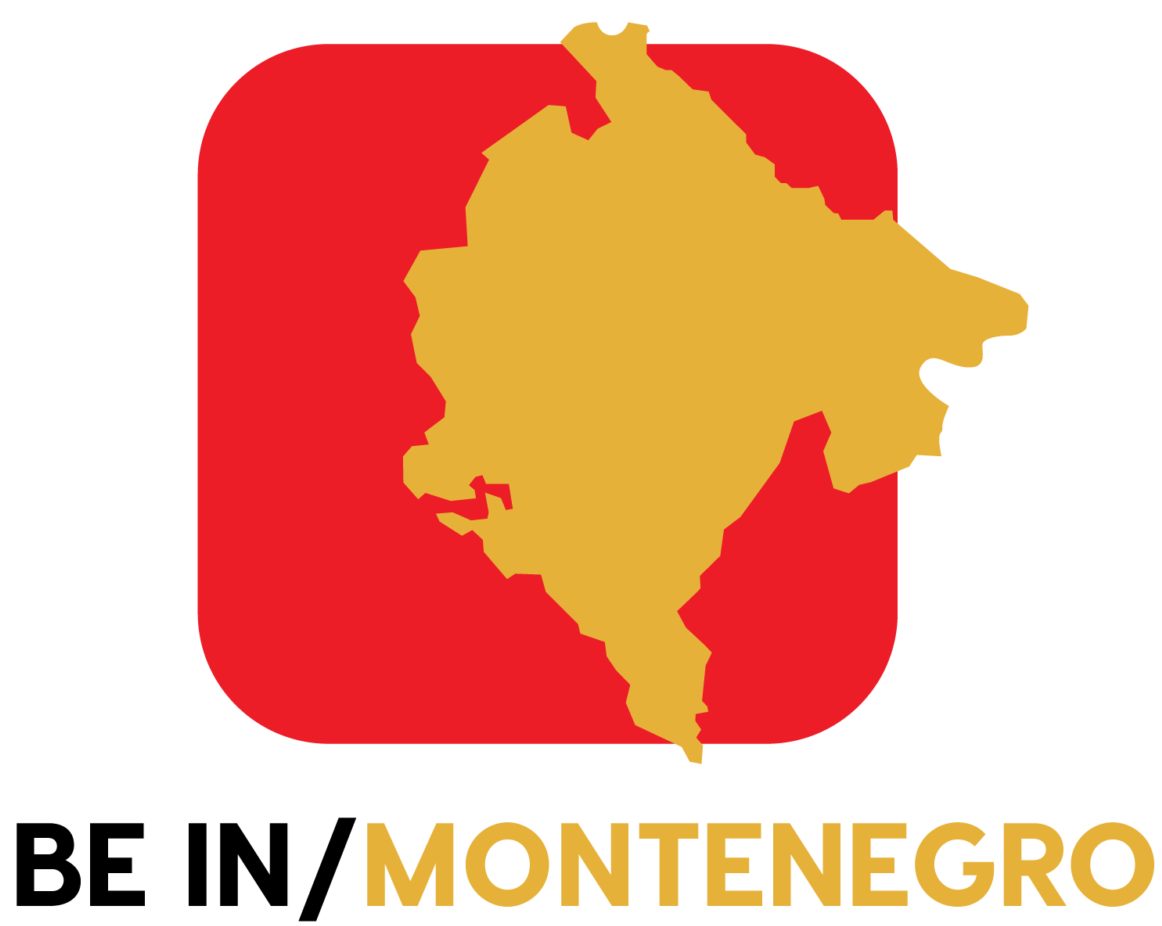Money and Banks

Money in Montenegro: Currency, Banks, ATMs and Exchange Tips
Planning a trip or moving to Montenegro? Understanding how the local money system works will make your experience smoother and help you avoid unnecessary fees. This guide covers everything from currency and card usage to ATMs and exchange rates.
Official Currency
Although Montenegro is not a member of the European Union, the Euro (€) is the official and only legal currency in the country. Montenegro adopted the Euro unilaterally in 2002, and it remains in use today, offering convenience for travelers from the EU and beyond.
You’ll find the same Euro banknotes and coins as in any other Eurozone country.
Paying by Card or Cash
In cities like Podgorica, Budva, Kotor, and Bar, credit and debit cards (Visa and Mastercard) are widely accepted at:
-
Hotels and guesthouses
-
Restaurants and bars
-
Supermarkets and shopping malls
-
Gas stations and car rental agencies
However, cash is still widely used, especially in:
-
Rural towns and villages
-
Local markets and street vendors
-
Small bakeries or cafés
-
Public buses or taxis
-
Tips for services
For peace of mind, it’s a good idea to carry some cash at all times.
ATMs and Banking Services
ATMs are readily available throughout Montenegro, especially in urban areas and tourist destinations. Most support major international cards and provide instructions in multiple languages. Some ATMs may charge withdrawal fees depending on your home bank.
Pro tip: Use ATMs attached to official bank branches for increased security.
Major Banks in Montenegro
-
Crnogorska Komercijalna Banka (CKB)
-
NLB Banka
-
Erste Bank
-
Universal Capital Bank
-
Adriatic Bank
These banks provide services like international money transfers, online banking, savings accounts, and in-person customer support. Most urban bank branches have staff who speak English.
Currency Exchange and Exchange Rates
You can exchange foreign currency like USD, GBP, or CHF at:
-
Licensed exchange offices
-
Commercial banks
-
Some hotels (less favorable rates)
Avoid exchanging money with unauthorized individuals or street vendors. Rates and commissions vary slightly, so it’s worth comparing a few locations.
For live exchange rates, check:
-
Your mobile banking app
-
Local bank websites
Practical Money Tips for Travelers
-
Inform your bank before traveling to avoid card blocks for foreign transactions.
-
Withdraw money from bank-affiliated ATMs for lower risk and clearer fees.
-
Keep some small-denomination Euro notes and coins for buses, taxis, and tips.
-
Avoid currency exchanges at airports unless absolutely necessary due to higher fees.
-
Use mobile banking apps to track your spending and manage withdrawals.
For more information on money and banks across the Balkans, visit www.beinbalkan.com.
